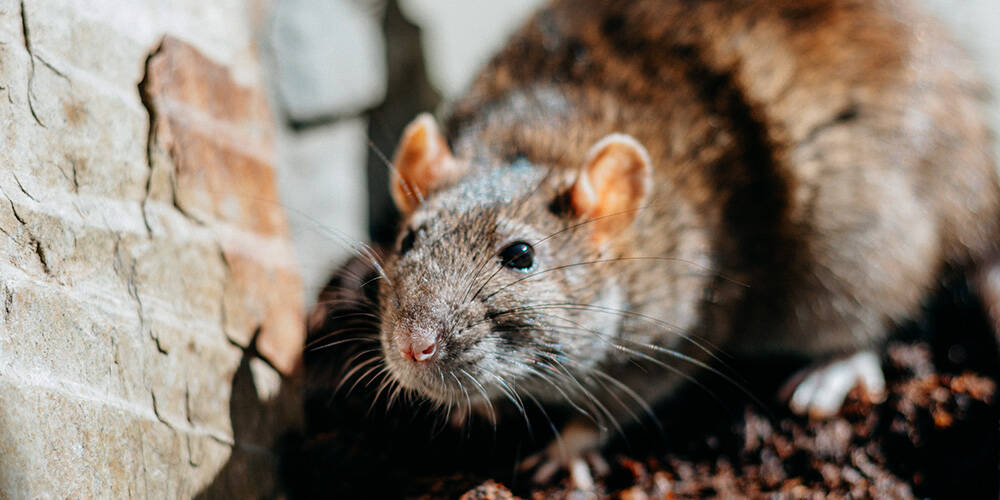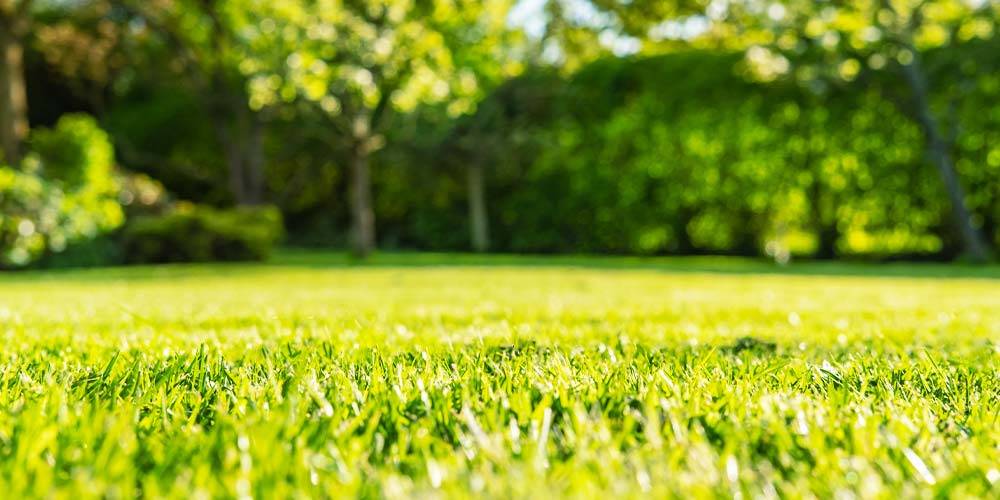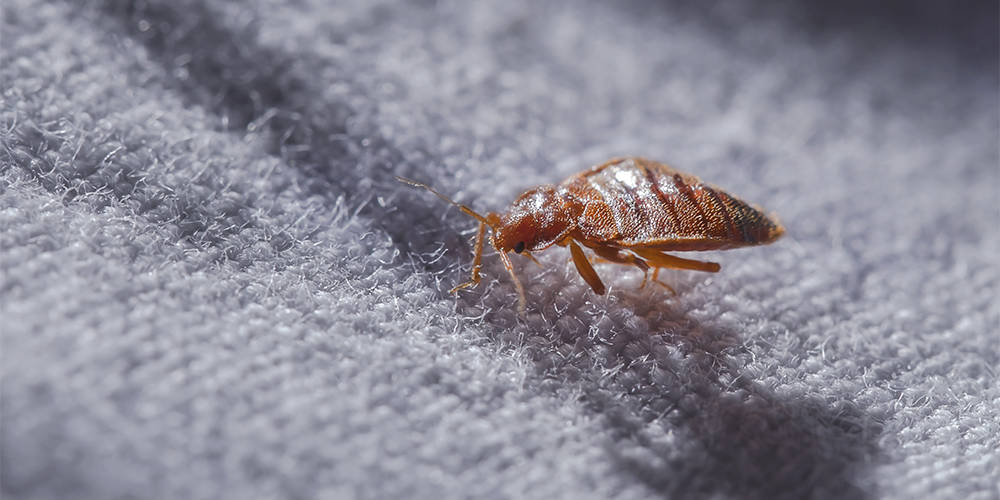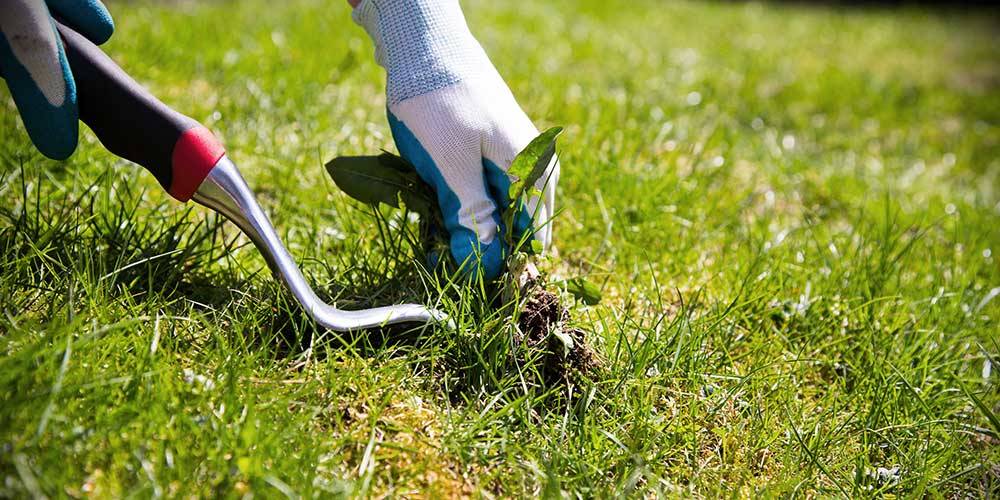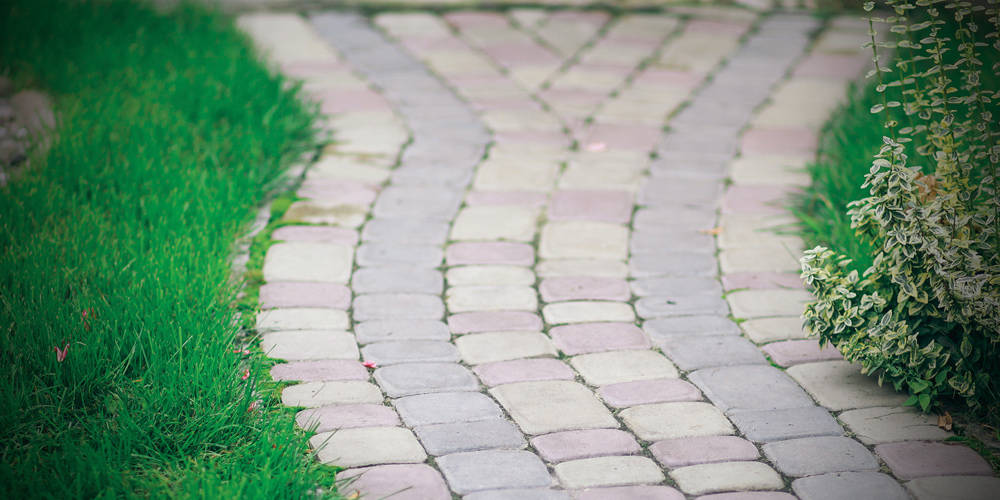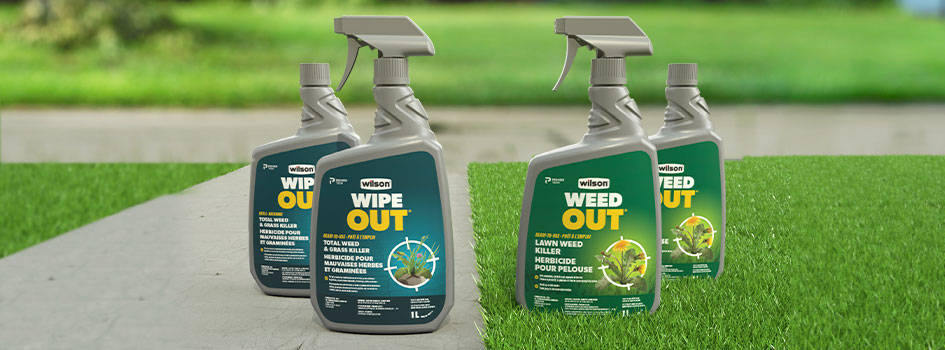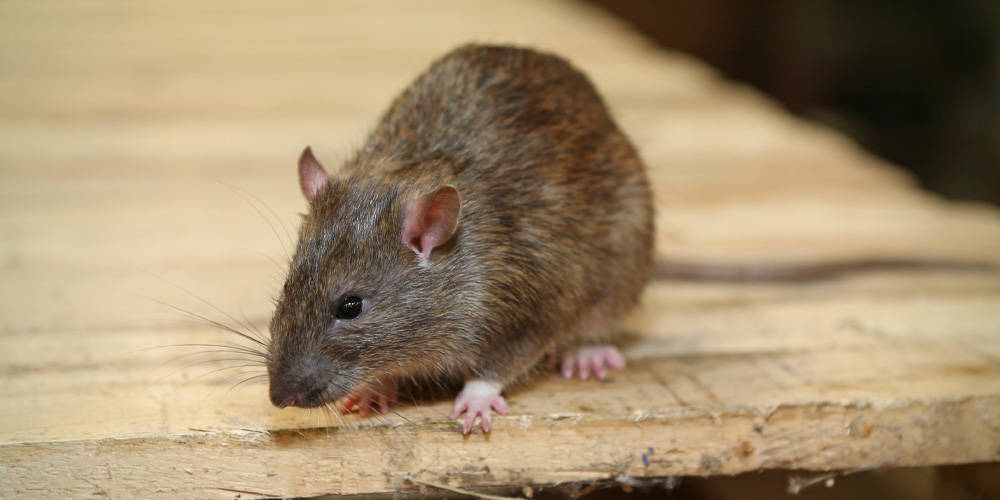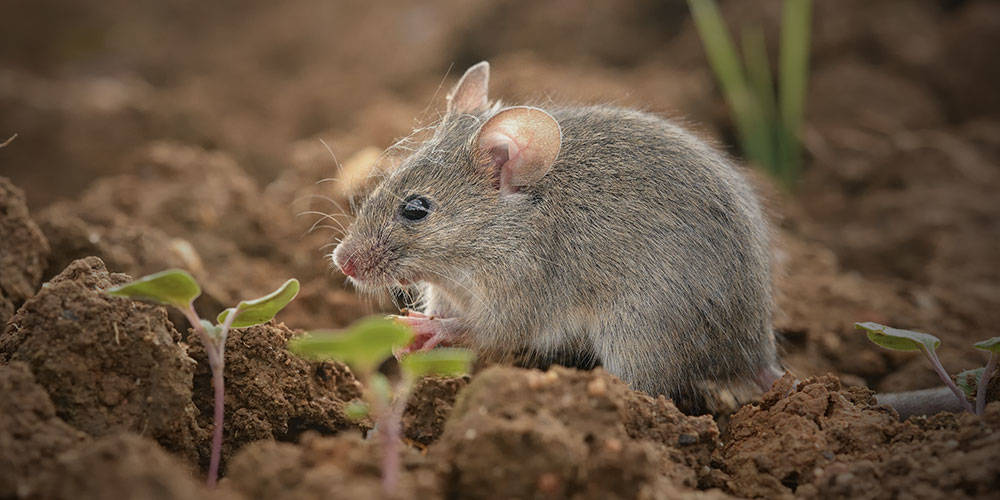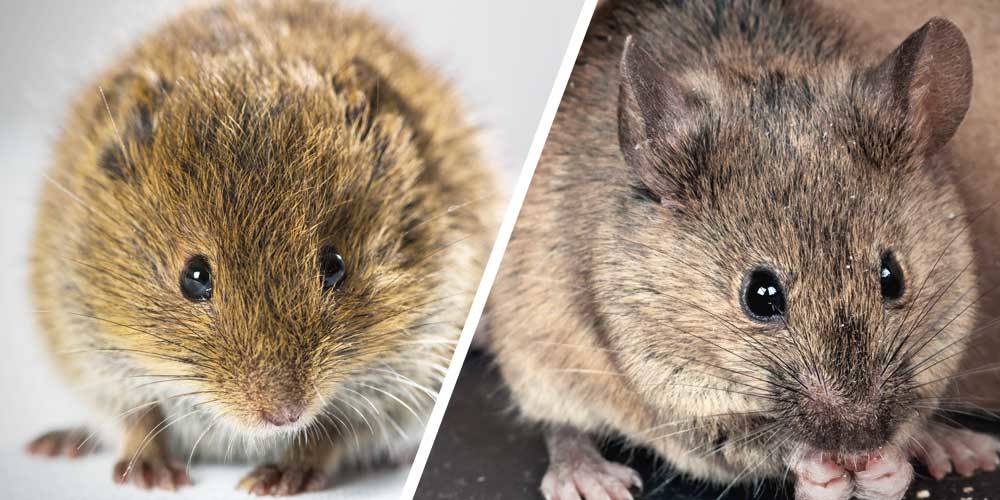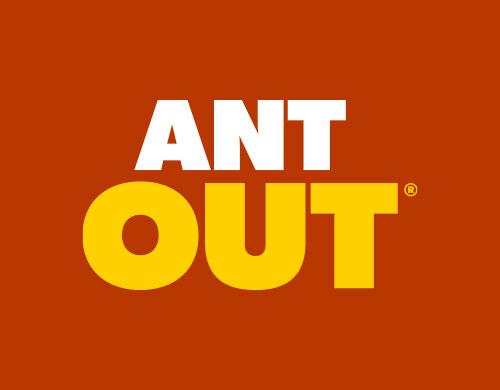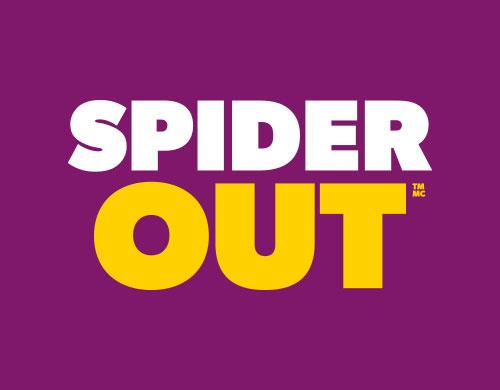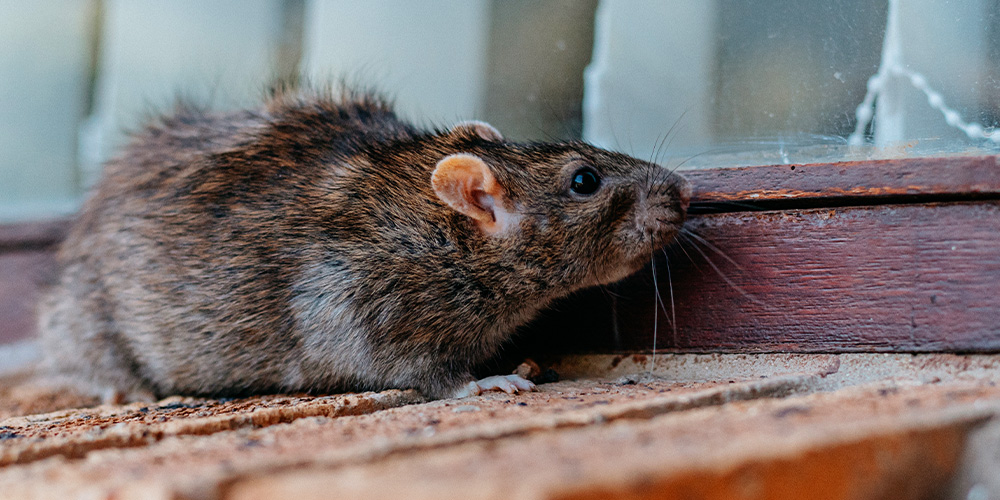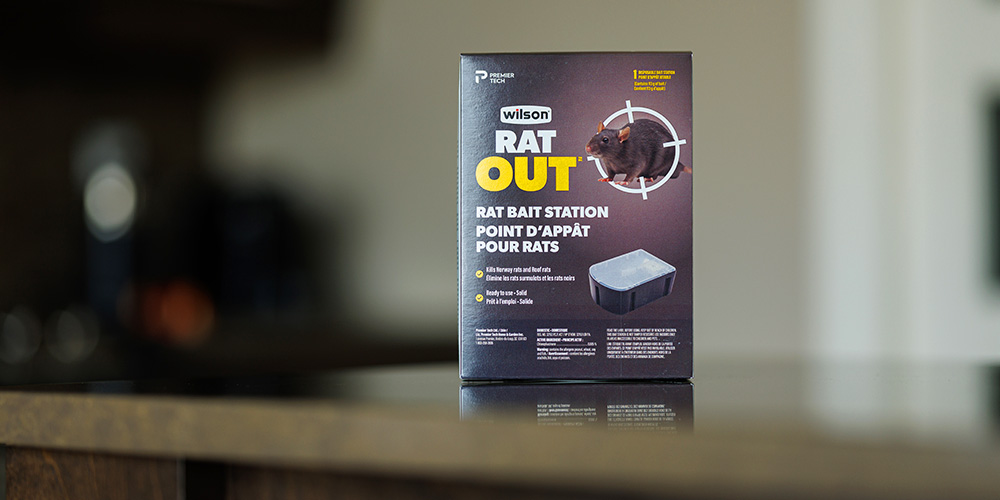Rats and mice are vectors of many serious diseases that they can transmit to humans, such as leptospirosis, salmonellosis, Haverhill fever, bubonic plague and various intestinal parasites such as tapeworms.
These diseases can be transmitted through direct contact with rodent urine, feces or saliva, or indirectly through flea bites or the consumption of contaminated food.
Another serious and deadly disease that rodents can transmit is hantavirus, which can be caught simply by breathing in the microdusts that are raised in the air when contaminated droppings are not properly cleaned up.
The symptoms of this deadly disease resemble those of the flu, which means that those affected do not always seek medical help in time.
Therefore, the presence of mice and rats in the house, utility buildings and in the yard should not be tolerated, and it is necessary to learn how to safely eliminate them and clean up.
How to eliminate mice and rats from your home
Several products can be used to eliminate rats and mice in the garden and in the home. They can also be used as a preventative measure if rodents are present in your neighborhood or if you have had rodents in your home in the past.
Don't forget to check the places where they could enter the house. Consult our list to make sure you don’t forget anything.
Finally, be aware that while people were once advised to be on the lookout for rodents when colder temperatures arrived, many of them now seek air-conditioned hideouts during the summer. This means that the risk of an invasion is now very real, no matter the season.
Learn how to make your yard and home less rodent-friendly by checking out our other articles.
11 tips to better protect yourself in the presence of animal pests
Here are a few tips for an effective and safe use of rodenticides.
- Consult the instructions for use and carefully follow the recommendations appearing on the packaging.
- If you have children or pets, use child-proof traps and place them so that they are inaccessible.
- Look for a pest control product number on the label, which means the product has been approved by Health Canada.
- Use disposable rubber gloves to handle baits and dead rodents and then wash your hands.
- All bait blocks and poisons must be placed in tamper-proof bait stations which are ideally secured to the ground or a structure with cement, caulking or wire.
- Place bait stations along the trails rodents use to move.
- Leave the bait stations and baits in place for at least two weeks once the problem appears to be solved.
- When cleaning up rodent urine or droppings, wear rubber gloves and a dust mask.
- Do not use a broom or vacuum to pick up rat or mouse droppings, as the fine dust released into the air can cause serious diseases. Instead, wet the droppings with a mixture of water and bleach before wiping them up.
- Wrap dead rats and mice in a double layer of plastic bags (Ziploc type) before disposing of them in a trash can with a tight-fitting lid.
- Never wash clothes that may have come into contact with rats, mice or their droppings with your other clothes. Wash them separately.
